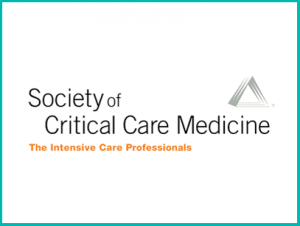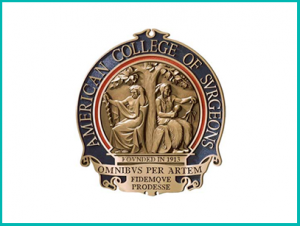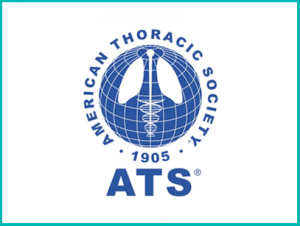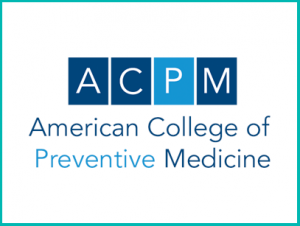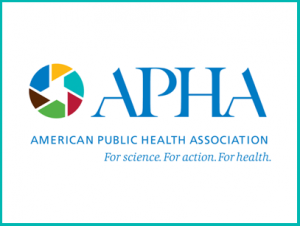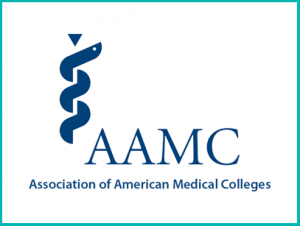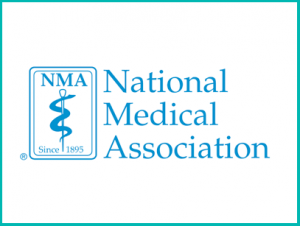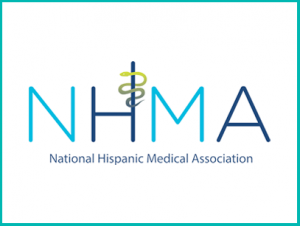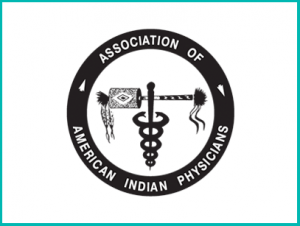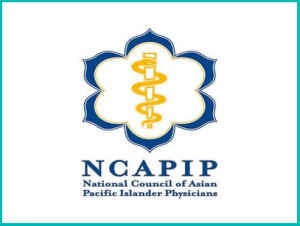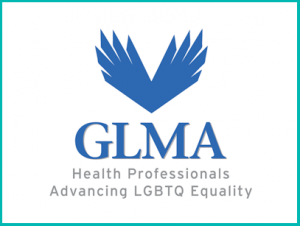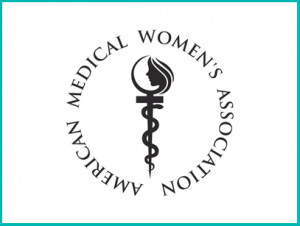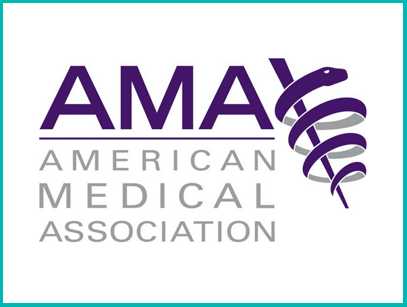
Under pressure from their own members, the AMA left the anti-single payer dark money lobbying group Partnership for America’s Health Care Future in 2019. This historically regressive institution still needs to formally drop its opposition to Medicare for All.
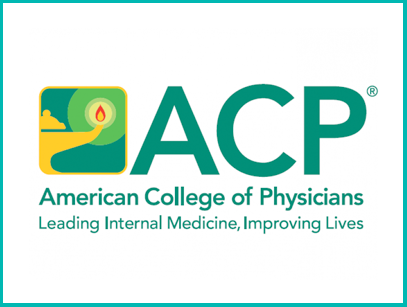
In a move that PNHP leaders hailed as a “sea change for the medical profession,” the nation’s largest medical specialty society endorsed single-payer reform in early 2020. ACP, which represents 159,000 internists, also endorsed a lesser “public choice” model of reform.
The American Academy of Pediatrics seeks to “protect and strengthen” current programs like the ACA, CHIP, and Medicaid.
The American College of Obstetricians and Gynecologists places a priority on maintaining ACA protections.
The American Geriatrics Society seeks to “preserve elements of health reform [read: ACA] that are important to older Americans.”
The American Thoracic Society has lauded various aspects of the Affordable Care Act.
The American College of Preventive Medicine outlined principles of health reform that do not explicitly mention single payer.
The American Public Health Association explicitly advocates for “a public, single-payer system.”
The National Medical Association seeks to “preserve the health care safety net” but does not mention single payer or universal coverage.
The Student National Medical Association worked with SNaHP to develop its broadly supportive “statement on universal healthcare.”
The Latino Medical Student Association adopted a resolution in support of single payer in 2015.
The National Council of Asian Pacific Islander Physicians supports “the principle of affordable, universal health care coverage.”
GLMA: Health Professionals Advancing LGBTQ Equality supports “single-payer public financing of healthcare for everyone.”
The American Medical Women’s Association supports a “comprehensive national health care plan in the U.S.”
AMA Get Out of the Way!
PNHP and SNaHP members marched with dozens of allied organizations and hundreds of health justice activists outside the AMA’s annual meeting in 2019. Physicians and medical students demanded the organization 1) leave the anti-single payer Partnership for America’s Health Care Future, 2) drop its long-standing opposition to single payer, and 3) support improved Medicare for All.
A resolution to formally rescind the AMA’s opposition to single payer failed by the narrowest of margins (47% yes to 53% no), and two months later, the startled organization quietly dropped out of the Partnership.
Ready to take action within your national medical specialty society? Sign up for our resolutions campaign and join forces with like-minded colleagues to advance the cause of health justice. Questions? Email organizer@pnhp.org.






